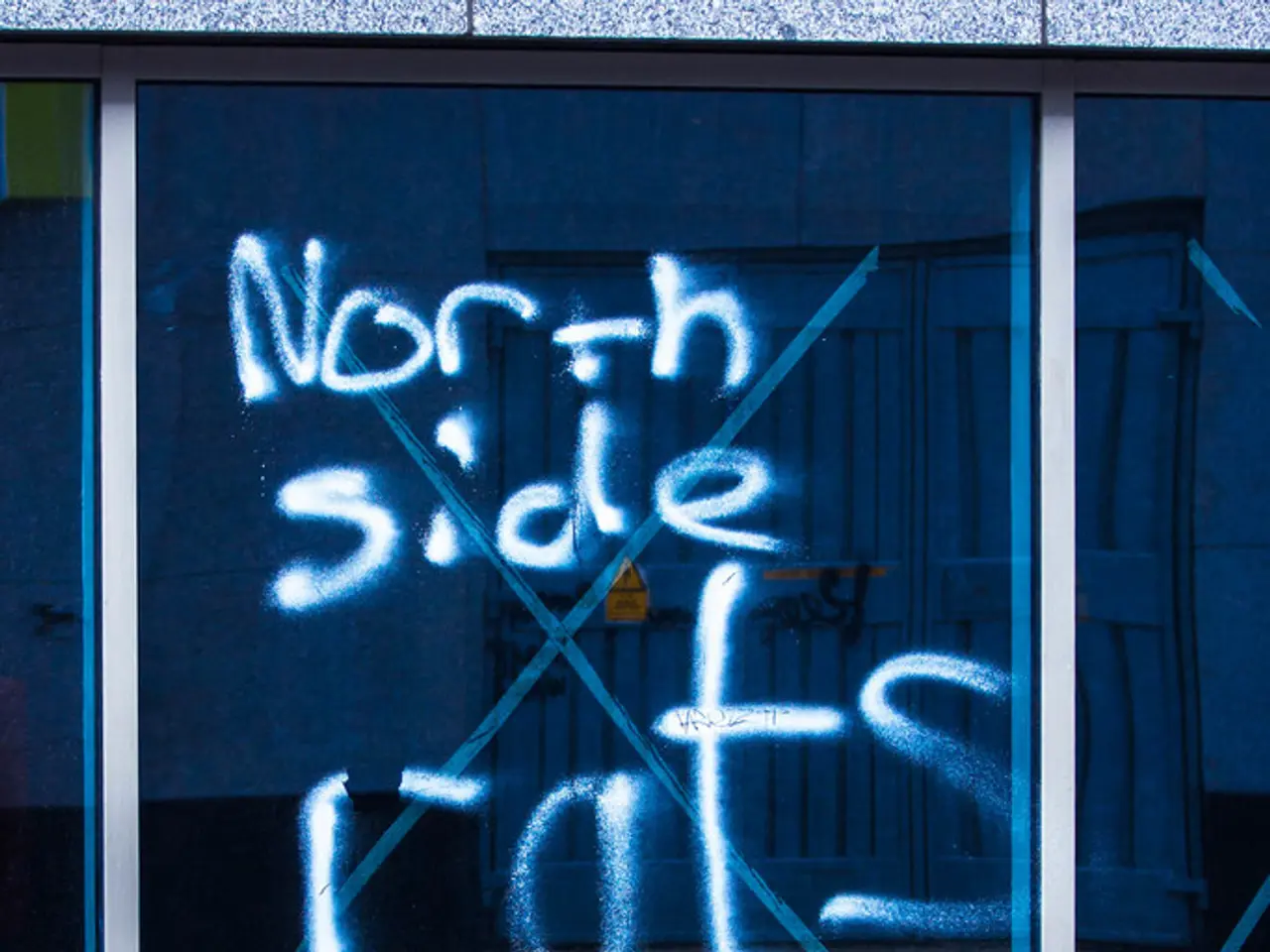Extended border controls bring relief to law enforcement but disappoint residents in border communities
In recent developments, several European Union (EU) countries, including Germany, the Netherlands, Poland, Austria, France, and others, have extended internal border checks through late 2025. This move is part of a broader regional response to address migration and security concerns within the Schengen Area.
The EU's current stance allows temporary extensions of internal border controls as exceptional national security measures, recognising the need to address issues like irregular migration and public health emergencies. However, this practice remains controversial due to its impact on free movement and the Schengen principles.
Germany, for instance, emphasises the importance of preserving the Schengen system for passport-free movement, but insists that controls are necessary to combat criminal smuggling and irregular migration abuses. German Chancellor Friedrich Merz has highlighted cooperation with Poland to address illegal border crossings affecting both countries. However, some officials like Knut Abraham are cautious, advocating for solutions beyond just reinstating controls.
The Netherlands has also reinstated border controls as part of this broader response. The Dutch government aligns with the EU stance that permits such controls temporarily but underscores the importance of managing these while respecting Schengen’s core freedoms.
Meanwhile, Poland is expanding border checks with Germany and Lithuania, framing this as part of protecting external borders and managing migration flows. Germany also notes these actions as a shared problem requiring joint solutions.
At the German border with Belgium in North Rhine-Westphalia (NRW), tightened border controls have been in place since May 2025. Mayor Peter Hinze of Emmerich, a border town in NRW, has expressed relief about the extension of border controls. However, the population of Emmerich is experiencing regular traffic jams on the A3 due to the controls, as they are used to daily trips across the border. The Dutch town of Beek has faced chaos due to attempted detours on back roads.
Federal Interior Minister Alexander Dobrindt plans to extend border controls beyond September 2025, a decision welcomed by NRW Interior Minister Herbert Reul, who assumes that the measure has a deterrent effect. Mayor Hinze of Emmerich mentions the return of daily traffic jams in the border area. Independently, Mayor Sibylle Keupen of Aachen shares similar sentiments about the burden of controls on daily life in Aachen.
From September 16, 2024, to July 31, 2025, at the NRW border with the Netherlands, there were 2,092 unauthorized entries, 991 immediate rejections or pushbacks, 68 re-entry bans, 85 smuggler arrests, 413 executed arrest warrants, and 85 extremist or Islamist individuals identified.
The Federal Police Union views the controls as a success and necessary, but they also highlight the high personnel burden and the need to avoid exceeding the stress limit of colleagues and not losing sight of other responsibilities. Despite the challenges, it appears that these temporary border controls will remain in place for the foreseeable future as Europe navigates its migration and security concerns.
[1] EUobserver (2024). EU countries extend border checks until late 2025. [online] Available at: https://euobserver.com/political/153212
[2] Deutsche Welle (2025). Germany extends border controls with Poland, Netherlands. [online] Available at: https://www.dw.com/en/germany-extends-border-controls-with-poland-netherlands/a-61758485
[3] Politico (2024). Poland extends border controls in response to German checks. [online] Available at: https://www.politico.eu/article/poland-extends-border-controls-in-response-to-german-checks/
[4] Reuters (2025). Germany, Netherlands extend border controls until September 2025. [online] Available at: https://www.reuters.com/world/europe/germany-netherlands-extend-border-controls-september-2025-2025-05-01/
[5] European Parliament (2023). Temporary and conditional border controls within the Schengen Area. [online] Available at: https://www.europarl.europa.eu/RegData/etudes/IDAN/2023/689064/EXPO_IDA(2023)689064_EN.pdf
- The economic and social policy implications of the extended border checks in the EU countries, including Germany, the Netherlands, Poland, Austria, France, and others, are yet to be fully assessed, as these measures aim to address migration and security concerns within the Schengen Area, but they also impact free movement and the Schengen principles.
- In the context of the general-news and crime-and-justice landscape, these border controls have led to various outcomes, such as increased arrests of smugglers, extremist or Islamist individuals, and executions of arrest warrants, although they have also caused traffic jams and chaos in border towns like Emmerich and Beek.






